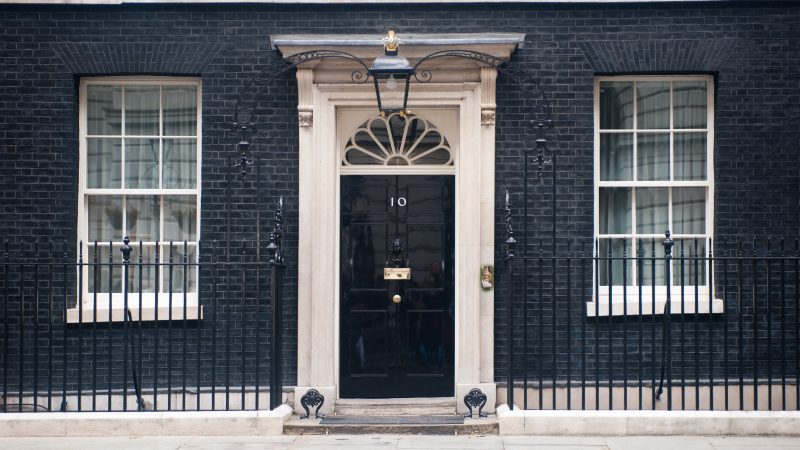
It has to be said that Anthony Crosland, among the leading post-war revisionist social democrats in the British Labour Party, was never regarded as a serious leadership contender by the mainstream of the labour movement. He stood for the leadership and deputy leadership and was heavily beaten on both occasions.
Crosland’s impact on the Labour Party was derived from his willingness to challenge established intellectual orthodoxies while encouraging the British left to think anew. Crosland’s former parliamentary private secretary, Dick Leonard, puts its best when he reflects that, had Crosland become leader in the 1970s, “he would have been a much more inspiring leader than Jim Callaghan”, but it is likely he would have made fundamental errors.
Crosland certainly faced major obstacles. He had little interest in machine politics and was never prepared – unlike Harold Wilson – to make tactical compromises to hold the party together in tough times. Crosland’s support base within the trade unions was thin at best.
Roy Hattersley, another ally, nonetheless admitted that many of Crosland’s colleagues in the parliamentary Labour Party saw him as aloof and patronising. Moreover, Crosland’s reputation as a government minister was decidedly mixed. Officials found him indecisive, endlessly commissioning new research rather than taking clear decisions.
Many felt he lacked the persona to be an effective leader. In an age when television was transforming political communications, Crosland loathed the mass media. Another friend, the MP Christopher Price, told him: “The trouble with you on television, Tony, is that you look so bored.”
Even so, there are those at the apex of the party who continued to believe that Crosland would have been a successful leader. Harold Wilson’s former head of policy in 10 Downing Street, Bernard Donoughue, states that, for a brief period in the 1970s, Wilson saw Crosland as his natural successor. Wilson believed that Roy Jenkins’ career was finished and that Denis Healey, the advocate of tough economic measures and the progenitor of monetarism, was unlikely to secure the Labour leadership.
The sociologist Michael Young, a personal friend of Crosland’s, praised him as uniquely “the sort of leader open to new ideas…by far the best Prime Minister the Labour Party never had”.
It is easy to focus on Crosland’s limitations, but he brought great qualities that, had he been leader, would have enhanced Labour’s standing in the country. Crosland was fearless in taking on received wisdom, and his political approach was infused with moral purpose.
He would have challenged the Labour Party to refashion its ideas for a new era in which traditional class identities were receding, as the economy was being transformed by the shift from industrial production to services. In an age when politicians have never been held in lower repute, no one would have accused Crosland of being immoral, unprincipled, venal or corrupt.




More from LabourList
‘What Batley and Spen taught me about standing up to divisive politics’
‘Security in the 21st century means more than just defence’
‘Better the devil you know’: what Gorton and Denton voters say about by-election